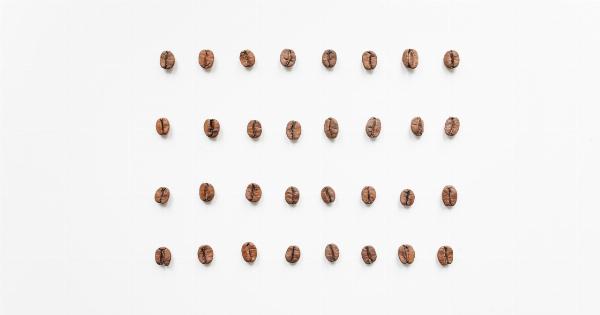Body odor is a natural occurrence in everyone’s life. However, sometimes the smell can be unique or unusually strong due to underlying health issues.
While sweat and bacteria are typically the main culprits of body odor, medical conditions can cause unusual smells that require medical attention.
Trimethylaminuria
Trimethylaminuria, also known as fish odor syndrome, is a metabolic disorder that creates a fishy odor in sweat, urine, and breath.
It’s caused by the body’s inability to break down trimethylamine, a compound found in certain foods like fish, dairy products, and eggs. The condition affects both males and females and is typically detected in childhood.
There is no cure for trimethylaminuria, but managing the condition through diet is the most effective method. Avoiding foods that contain trimethylamine and supplementing with a low-choline diet can help alleviate symptoms.
Additionally, there are several topical treatments to manage symptoms, such as activated charcoal, which helps to absorb odor-causing compounds.
Diabetic Ketoacidosis
Diabetic ketoacidosis is a complication of type 1 diabetes that occurs when there is a buildup of ketones in the body. Ketones are chemicals that are produced by the liver when it breaks down fat for energy.
The condition is caused by high blood sugar levels and can occur when insulin levels are low or absent.
The odor associated with diabetic ketoacidosis is often described as fruity or sweet. This smell is caused by the byproducts of ketones in the body. If left untreated, diabetic ketoacidosis can be life-threatening.
Prompt medical treatment is essential in managing this condition.
Phenylketonuria
Phenylketonuria (PKU) is a genetic disorder that affects the body’s ability to break down the amino acid phenylalanine. Without treatment, the buildup of phenylalanine can cause intellectual disability, seizures, and other serious health problems.
One of the symptoms of PKU is a musty or mousy odor that emanates from the body.
Maintaining a low-phenylalanine diet is the primary treatment for PKU. This means avoiding high-protein foods like meat, fish, eggs, and cheese. The diet may also include special formulas that provide adequate nutrition without added phenylalanine.
Liver Disease
Liver disease is characterized by many symptoms, including an unpleasant odor that emanates from the body. This odor is often described as musty, sweet, or moldy. The smell is caused by the buildup of toxins in the body that the liver cannot eliminate.
The treatment for liver disease depends on the underlying cause. In most cases, treatment involves addressing the symptoms and managing complications. Quitting alcohol, managing weight, and addressing hepatitis or cirrhosis are common treatments.
In severe cases, a liver transplant may be necessary.
Conclusion
Unusual body odor can be a sign of underlying health conditions that require medical attention. While sweat and bacteria are typically the primary causes of body odor, several medical conditions can alter the smell.
The key to treating unusual body odor is identifying the underlying cause and developing a treatment plan to address the condition.





























